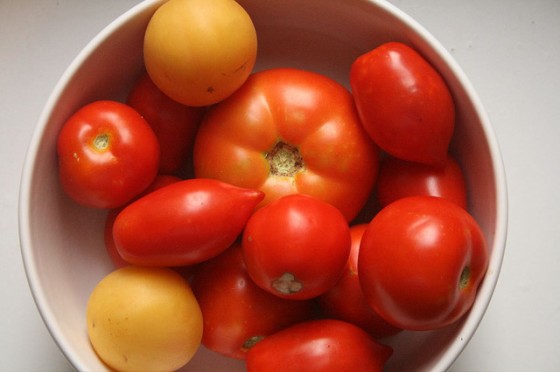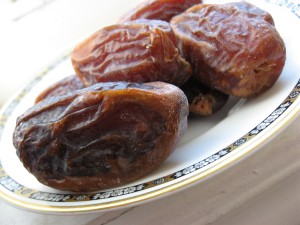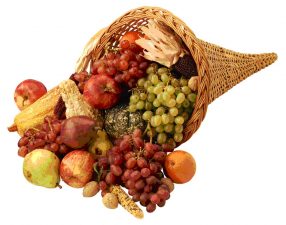 Is the eco-friendly food movement getting even more complicated, or are ecotarians simplifying matters?
Is the eco-friendly food movement getting even more complicated, or are ecotarians simplifying matters?
The green movement is riddled with a lot of food ideologies. When it comes to food, there are a lot of environmental issues to consider: locavores protest the pollution stemming from the transport of food from far away, vegetarians (and vegawarians) are against the high carbon footprint of the meat industry, and all-organic folks prefer their food and their soil to be pesticide, chemical and hormone free. But just when you thought that you had all these food movements straight, another one emerges – this time, in the form of the ecotarian.
But what exactly is an ecotarian? The name sounds simple enough – someone who eats based on ecologically sustainable principles. Yet the definitions are fairly diverse.
The Urban Dictionary defines an ecotarian fairly concisely. It could be someone who is “similar to a vegetarian with an emphasis on local, organic foods.” Or it is someone who is more flexible, and “refrains from eating meat that isn’t wild game (eats deer, grouse, duck, goose, javelina, etc., but not beef, farmed pig, industrial raised chickens, etc.).”
The Ecotarian Network on Facebook is a little more informative, being written by ecotarians and for ecotarians. The network describes itself as a group of people who
“care about where our food comes from, how it gets to us and who is affected along the way. We like fairly traded, sustainably grown food. Lots of us are veggies. We like local and home grown produce too and avoid waste. We face loads of ethical dilemmas but we love food, and we don’t think all these ethical issues should be compartmentalized.”
Under this definition, many people may be surprised to find that they could easily describe themselves as ecotarians. It is a growing movement, one that inspires recipes and blogs just like all the other food ideologies.
Amy Martin shares some of her experiences on her blog, Confessions of an Everyday Ecotarian, where she writes about challenges and triumphs and even suggests that toddlers can be ecotarians. “I really believe, from my own experience with my children and others, that kids are willing to eat good food,” she writes. “A strawberry in the middle of winter shipped from thousands of miles away doesn’t taste as good as a sun-ripened local summer strawberry. Any child will know that even if they can’t express it.”
“I really think what makes a toddler suddenly pick through something he’s been eating fine for months is a developing awareness of his food,” Martin continues. “He wants to know what he is consuming. Isn’t that what ecotarianism is all about?”
Read more about green food issues::
5 Vegetarian Myths to Counter Die-Hard Carnivores
NY Times Blog: Be a Part-Time Vegetarian
Interview with Locavore Expert Leda Meredith
If It’s Not Organic, It’s Not Halal (4 Ethical Zabiha Principles)
Image via: thebittenword.com




Ecotarian is a great word. People are arriving at a common place from different directions, but the result is the same. In my case, the motivation is a simpler, less corporatized life. It’s a return to the virtues of the agrarian society. So embracing the eco-system for it’s purity and health has many benefits. Bartering with one another is an individual’s expression of a free market and is the medicine of peace.